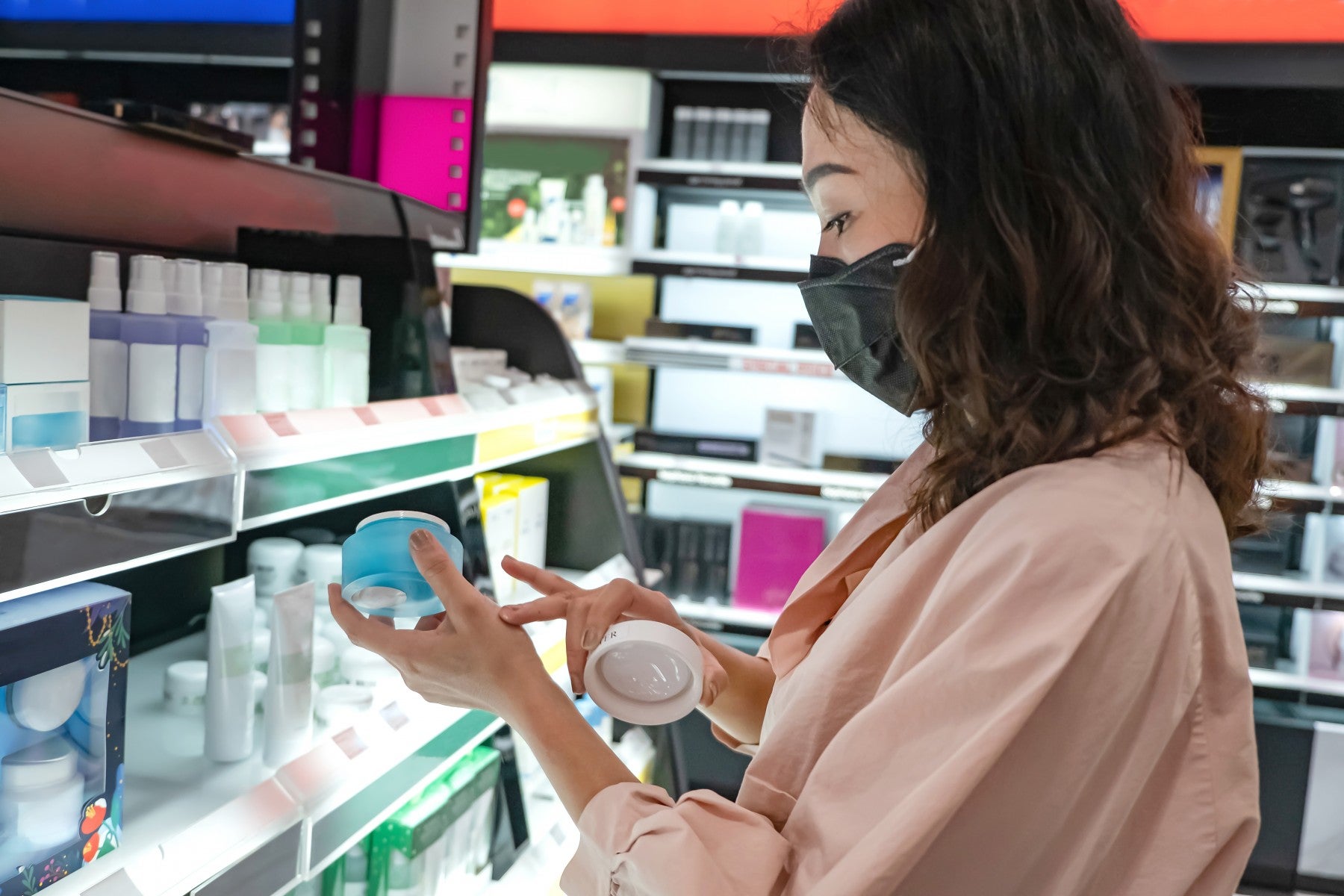
It used to be possible to categorize companies as either do test or don’t test; however, the reality today is more complex. That’s because, depending on the country and laws involved, it doesn’t always come down to a company’s choice.
Here’s some fine print you should know:
- In most countries, there’s no legal requirement to test cosmetics on animals. That means companies can (and most now do) choose animal-free approaches for assuring themselves and cosmetic regulators of the safety of their products.
- Companies can also choose whether or not to sell in countries where animal testing of cosmetics is required. The familiar example here is China. However, thanks to the creation of new regulatory avenues for companies to bypass animal testing for regular cosmetics, selling to China no longer means that animal testing is always a given.
- Testing requirements under chemical laws are starting to impact cosmetic ingredients, even if they’ve been used safely for years. Today, manufacturers of cosmetic ingredients are being called on to provide more and more animal test data—and if the required information doesn’t already exist, new animal tests must be performed, or the ingredient will be prohibited from trade. We’re seeing this situation play out right now in Europe (ironically, the first major market to ban animal testing for cosmetics). Here, it’s not a company choosing to animal test, but being forced by government regulators (sometimes after considerable efforts by the company to negotiate a non-animal solution).
That’s why HSI works to change laws, rather than targeting companies. Our efforts, and those of other animal protection organizations, have convinced 40 countries to ban animal testing for cosmetics. We’re now fighting to defend these existing bans, and to have 16 more country bans enacted in influential beauty markets by 2023.
We believe consumers should be able to purchase any cosmetic, anywhere in the world, knowing it is safe and free from animal suffering. Until then, a number of reputable certification programs are available to help consumers navigate the complex landscape of cruelty-free and vegan cosmetics.
- Companies certified “cruelty-free” have committed as of a certain date not to conduct or commission third-party animal testing of their finished products or ingredients, and to monitor the testing practices of their ingredient suppliers.
- A cosmetic labeled “vegan” means that it does not contain any animal-based ingredients.
Not all cruelty-free products are vegan, nor are all vegan products cruelty-free, so it’s important to read the fine print.
Depending where you live, the following are useful resources for consumers wishing to avoid products developed using animal testing and/or animal ingredients:
- LeapingBunny.org (North America)
- BeautyWithoutBunnies
- Logical Harmony
- ChooseCrueltyFree (Australiasia)
- Te Protejo (Latin America)
By shopping with intention, you’re making a real difference in the lives of animals, and sending a clear message to companies and governments that cruelty-free is the only brand of beauty with a future.
